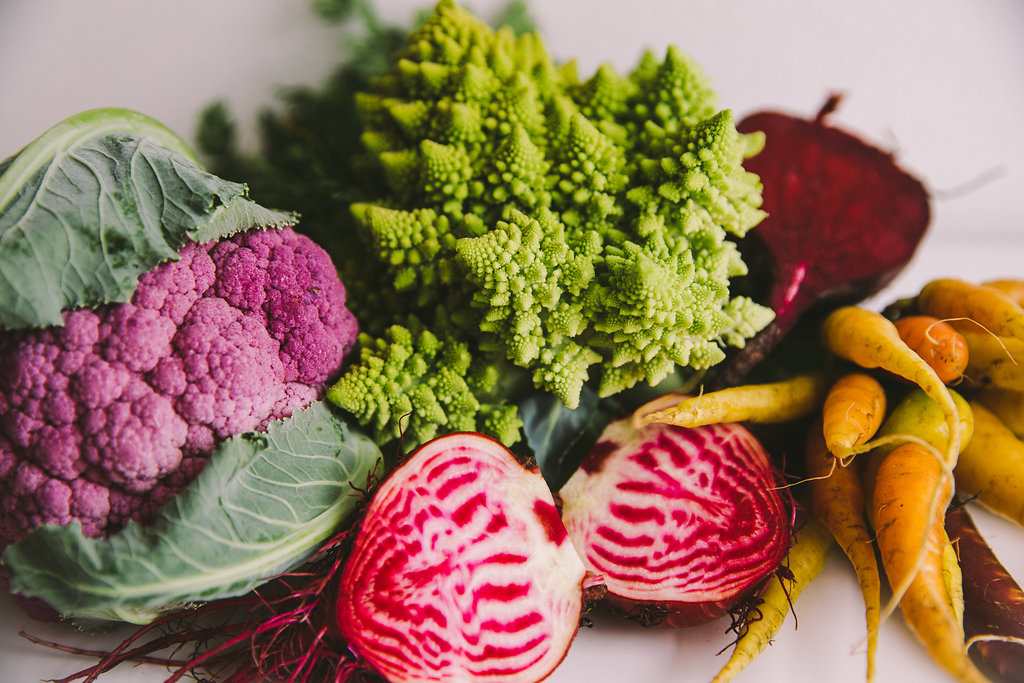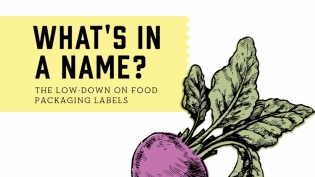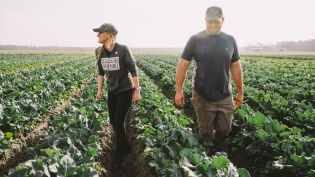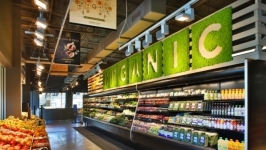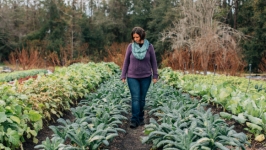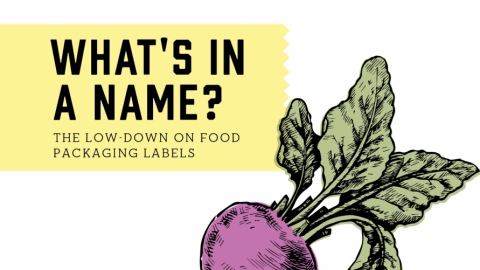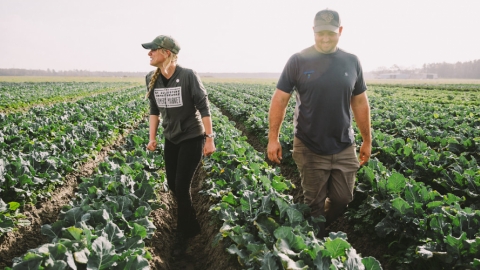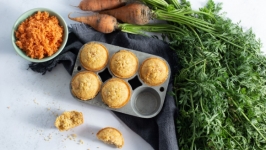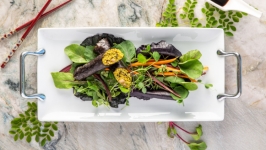How to Tell if Your Produce is Organic
We as consumers want it all. We shop for our weekly produce hoping for the best price and quality, but we still want to support the local economy and organic agriculture. And why shouldn’t we want food free from additives to be grown close to home and harvested at the peak of freshness? Why shouldn’t it cost less? For many reasons, that isn’t our day-to-day reality. Organic produce costs more, may travel just as far and may be older and lower quality than conventional produce. How do you tell what you are buying?
Even a perfect organic produce department still presents shoppers with conflicting choices. Do you buy your favorite brand like Driscoll, Earthbound Farms or Organic Valley, or do you support local? Supporting larger brands means supporting farms all over the world that are filling the quotas for the bigger, recognizable brand. This means standardized packaging and a reliably delicious product. The other choice is supporting your local farmers, which increases your chances of having more variety, but limits your season.
When it comes to labeling, the PLU or price lookup number printed on each produce sticker tells you how the product was grown. If the PLU is only four numbers, the product was grown conventionally using pesticides. Five-digit PLU numbers that start with the number “8” indicate genetic modification, and five-digit PLU numbers that start with the number “9” tell you that the product is organic.
At Native Sun Natural Foods Market, we want to give our customers everything they want. Is that challenging? Yes. We are at the mercy of Mother Nature, who, unfortunately, isn’t necessarily aligned with our customers’ grocery lists and cravings. We work to fill the gaps when they arise, without compromising quality for the sake of availability. We are happy to have the support of large-scale organic farms but can’t deny the excitement we feel when a local farmer wants to show off a new purple-green bean to our customers. Our stores’ ability to guarantee organic certification is easy and never confusing because we ONLY carry organic produce. Most of our produce is sold to us from certified organic distributors, which guarantees a paper trail audited by certifying agencies that work for the USDA. Other organic produce is prepacked and certified by the same agencies and is noted on the products. The local farmers we use are required to have updated certification papers from USDA certifiers.
Many farms leave the honesty in labeling to the stores’ produce clerks. The five-digit PLU stickers you find on organic produce are not always on the product when it is received. Many farmers place rolls of stickers in the box, leaving it up to the store to correctly label the products they choose to carry. Stores that sell organic and conventional produce must know the difference between produce types. Shopping for produce is very personal. Since we only carry organic produce, we eliminate the guesswork and label reading so you can feel comfortable about your food choices without sacrificing on price or flavor.


